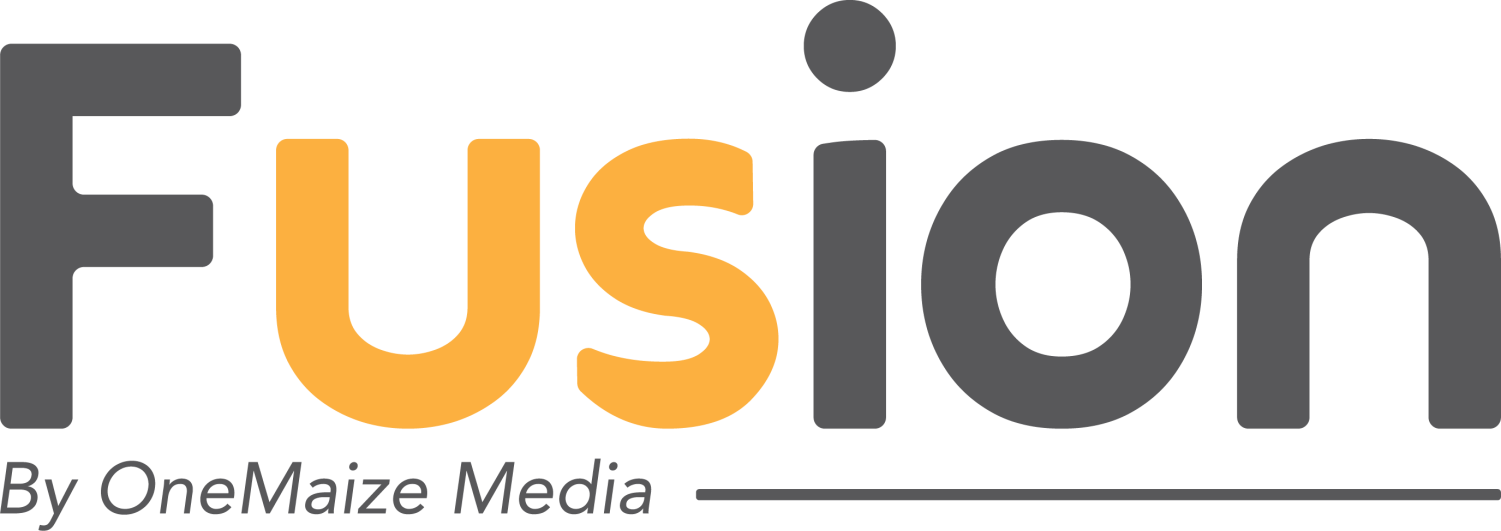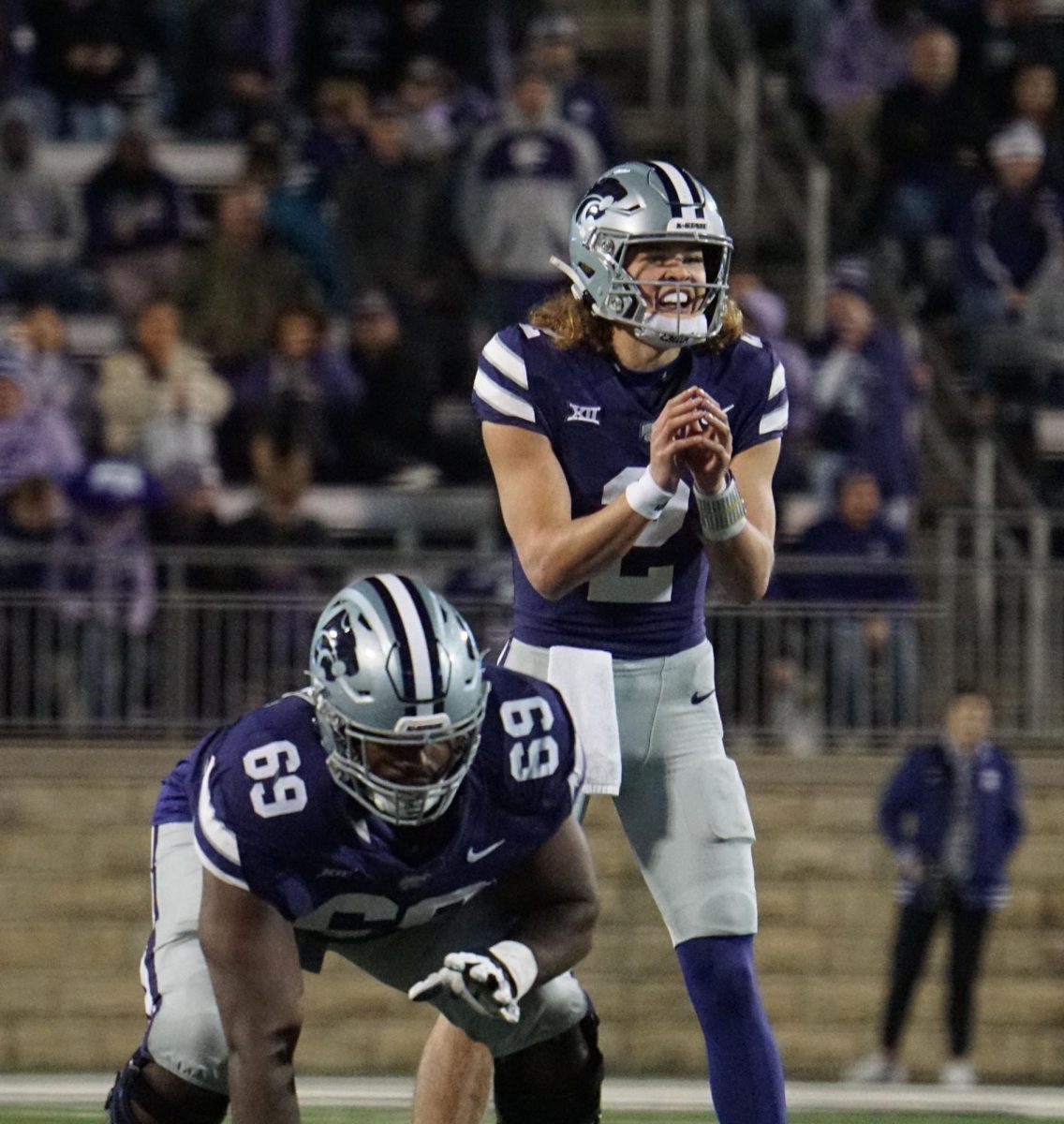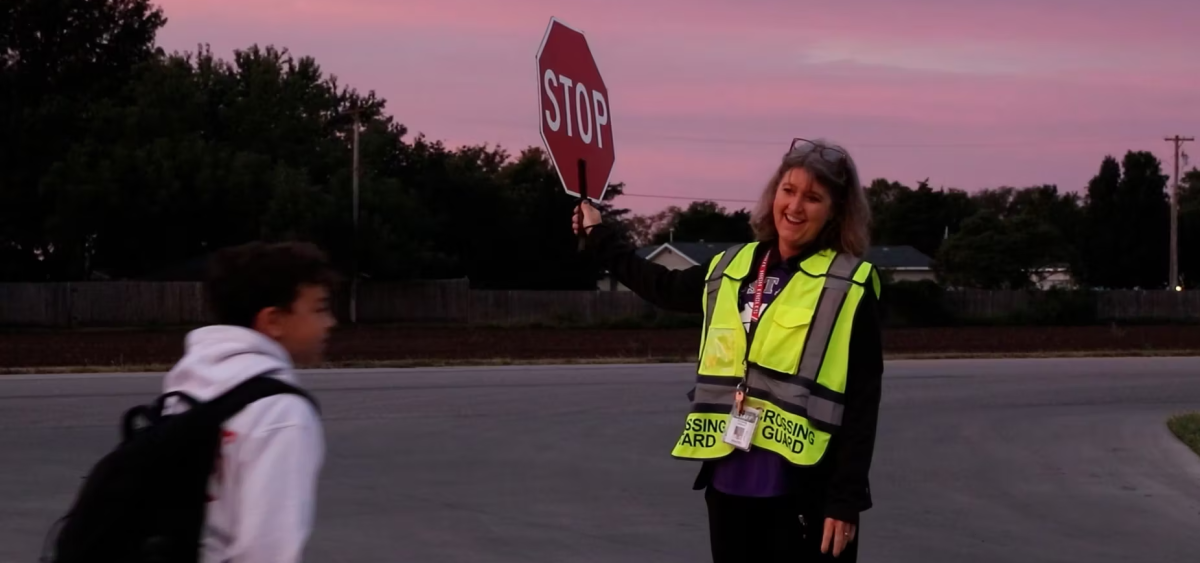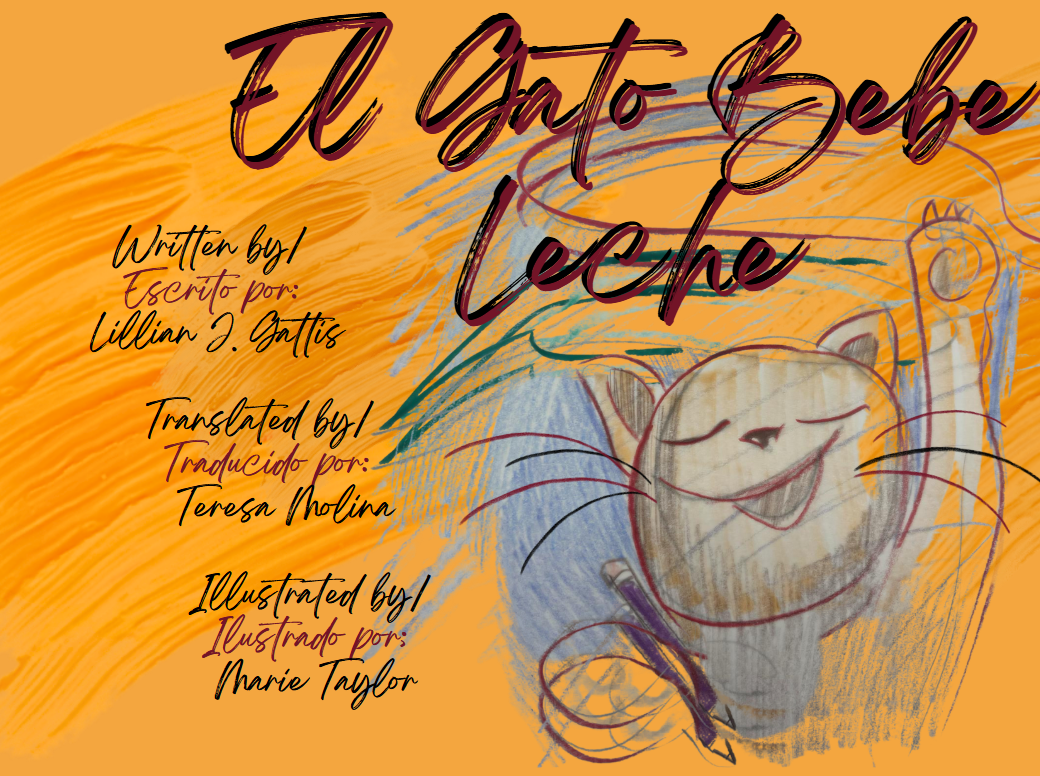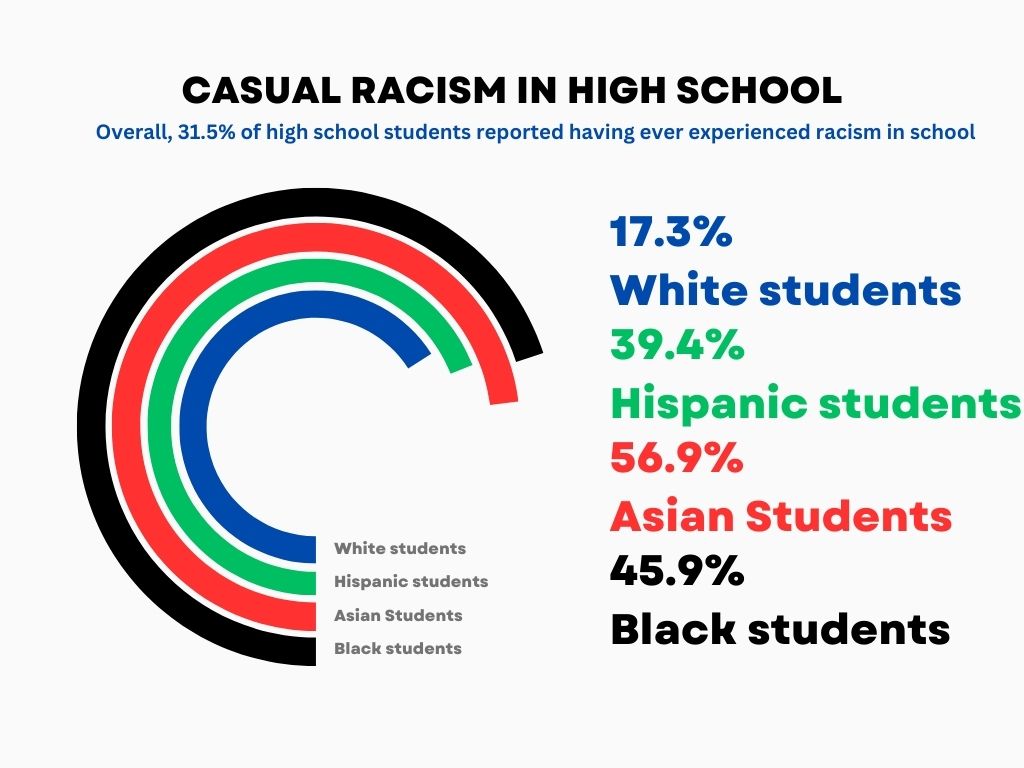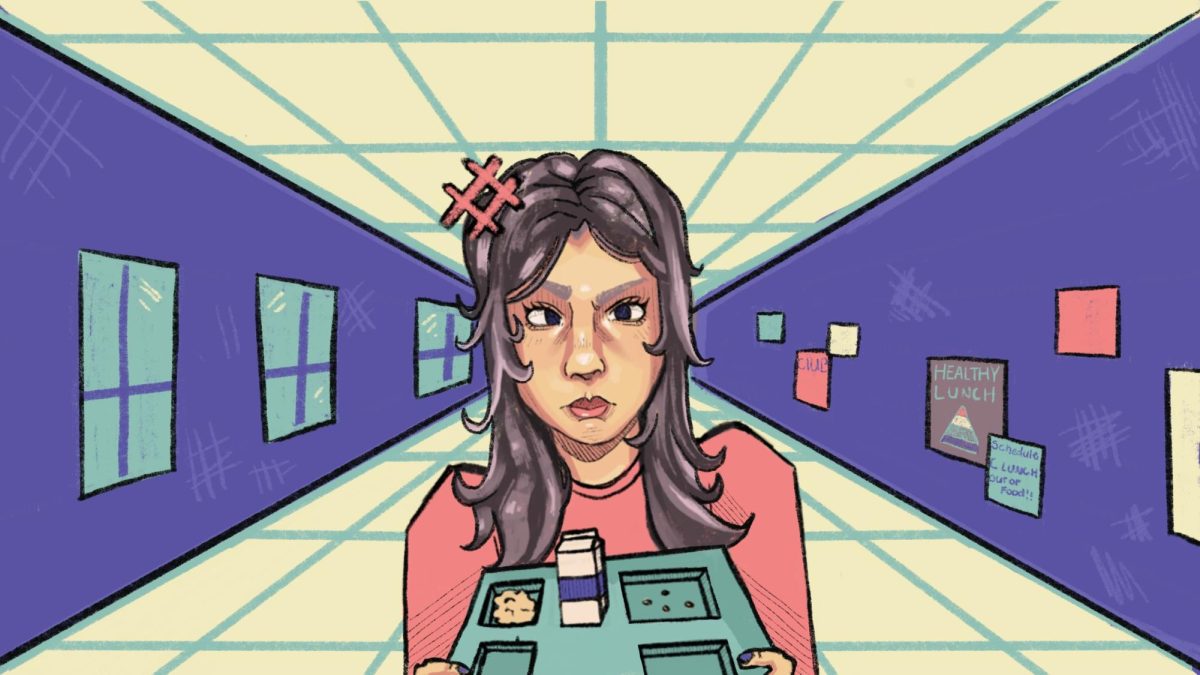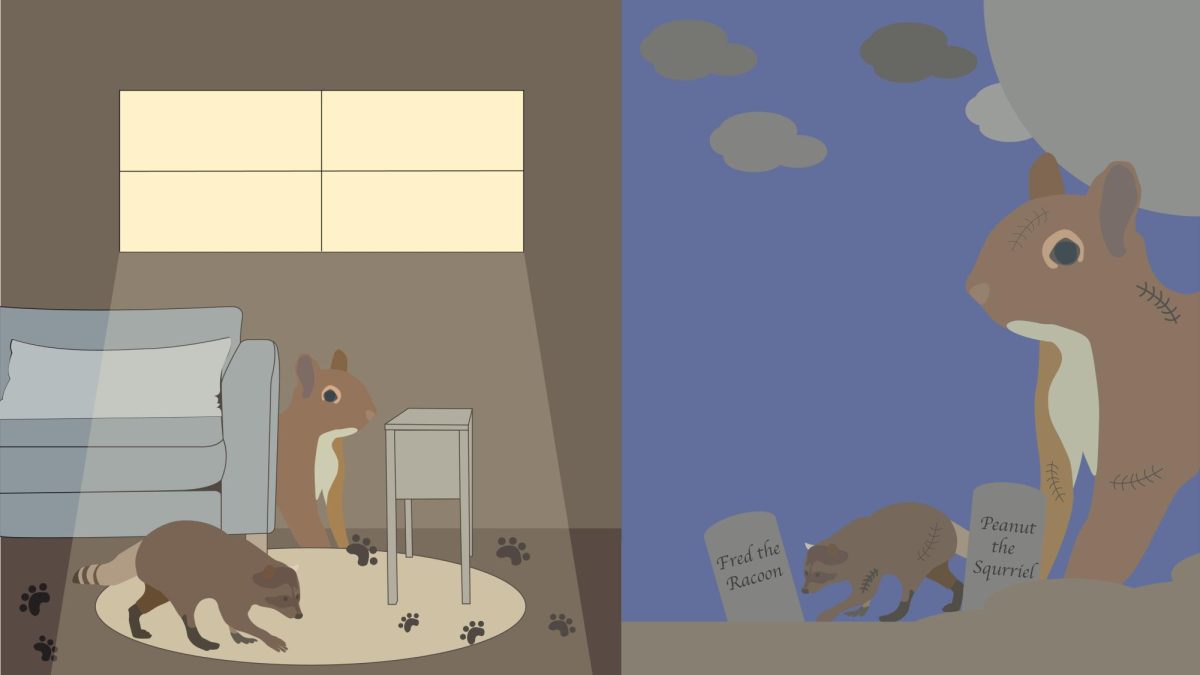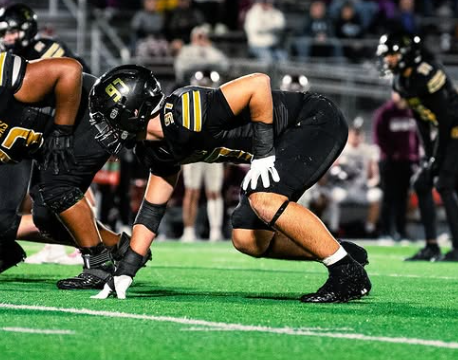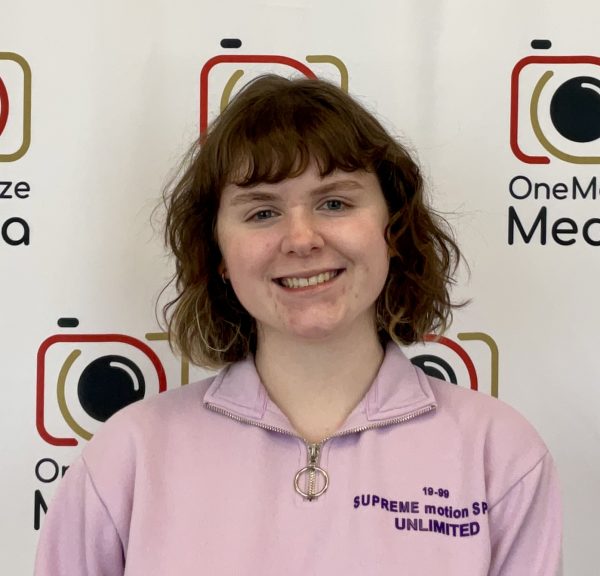GSA, which stands for “Gay-Straight Alliance” or “Gender-Sexuality Alliance,” is an organization of clubs based in schools across the U.S. and Canada, focused on supporting LGBTQ+ students. Maize High’s branch hasn’t been active since 2022. The reasons were investigated.
In fall 2021, staff were notified that non-academic clubs were no longer allowed to meet during the school day.
“It came from district-level,” Chris Botts, MHS principal, said. “I’m not sure if it was a directive from the Board, but … I think we had been doing some things that could’ve been questioned, so I think they were just trying to get us in line so that nothing could fall back on the school or the district.”
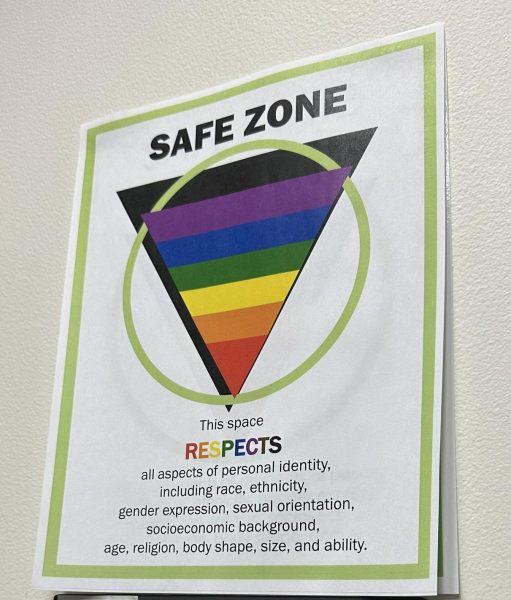
“There was some active parent opposition [at Maize Middle School],” Chapek said. “I remember thinking, ‘that won’t happen here, it’s the high school. Kids have … more autonomy, and [GSA’s] just always been here.’ And then … we started getting pushback.”
Rhiley Wall, MHS English teacher, soon to teach at Maize Complete, had been a sponsor since fall 2021, her first year at Maize.
“Since GSA was a club for people to … get to know each other … it was a tougher sell,” Wall said. “But then [after school] you can’t guarantee that freshmen can get rides, and … there was a little bit of fear because things were starting to get stricter from the state about chosen names… So I think that was probably the beginning of the end.”
Anne Debes, MHS counselor, began sponsoring GSA as an English teacher around 2017.
“Administrators passed along to us … a list of [clubs] that already had the approved academic tie-in, and … clubs that did not,” Debes said. “And most notably, it was GSA.”
Among the restricted clubs were Rubik’s cube club, D&D club, FCA, and anime club.
“My feeling is … there’s enough room for everyone to have clubs,” Chapek said. “It’s okay…. If you don’t want to be a part of it, great, … but preventing students from having access is harmful.”
The club’s name changed to EASEL, meaning “Eagle Alliance for Social-Emotional Learning,” to follow the rule.
“The things we talked about didn’t even have to apply to LGBTQIA issues,” Debes said. “We did try to keep the integrity of that name… ‘How are we creating … alliances and means of support?’”
“We felt … that might be more well received,” Chapek said, “but even that wasn’t considered academic-based, even though there are … expectations that students learn those [social-emotional] things.”
With the threat of EASEL moving after school, both sponsors and students worried about inaccessibility due to scheduling conflicts.
“Counselor[s] and school social workers, we don’t have a set schedule the way teachers do,” Debes said. “We ended up just telling students, ‘… we’d be happy to help … but we can’t just be completely in charge of it.’”
“There’s a number of students who … need to be able to meet during the school day, because maybe their home isn’t on board,” Chapek said. “We tried different angles … like ‘lunch bunches’ or during Flex time… That would’ve been non-disruptive to them, but that was prohibited.”
“I felt guilty after that first year,” Wall said. “I was drowning in schoolwork and was not giving the club as much attention as I felt that I probably should have been.”
“We had a small group of … student board members … [that] fell apart for different reasons,” Debes said. “We … [had] just a couple student leaders left, but those student leaders were also very busy or overwhelmed, and that just happens naturally sometimes.”
“We were going to try to see if someone else could take the reins and then no one did,” Chapek said. “It’s really, really sad that a school this size… I mean, there was always a great turnout.”
In 2022, word spread about a bill, Kansas SB 207, that would prevent staff from using students’ chosen names and pronouns in class without parent permission.
“Court cases had come up where … parents had sued individuals at schools for using [their students’ preferred] pronouns, or something along those lines,” Debes said. “The parents had won, saying [that] parents have the fundamental right to raise their children the way they want, and that the school personnel were violating that right… [It] put [school staff] in a difficult place where… we want to respect parent rights, of course, we don’t want to get sued, of course, but also wanting … students to feel … heard and recognized.”
“There’s studies that show even using someone’s pronouns and their preferred name is suicide prevention*,” Chapek said. “It’s so important… Now, teachers aren’t allowed to use [a] student’s pronouns and preferred name unless their parents approve, which has cut off so many people from being … their authentic self at school.”
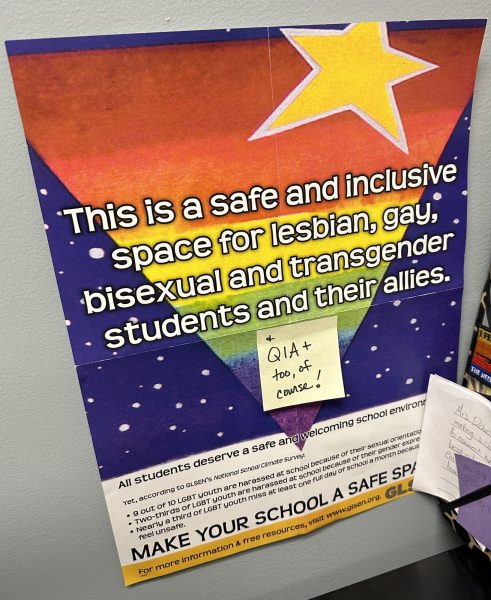
“I think … socially, we do tend to have a pendulum swing,” Chapek said. “There was a time when there was a lot of strides towards acceptance, but in the last few years the pendulum has swung the other way, where there’s a lot of restrictions and legislation that’s specifically targeting trans youth.”
“I will maintain that I am a very inclusive teacher,” Wall said. “I’m open and happy to say it. Everybody’s valued in my classroom … and I wish that every classroom felt that way for students… Things swing back and forth… My hope is, people will lose interest soon, and we’ll get back to swinging in the direction of being more accepting.”
Four years after lockdown and two after EASEL’s dissolution, MHS staff say there’s still a chance to restart it, but only if students take charge.
“I’m all about having groups for kids that makes them feel connected,” Botts said. “We will do everything we can … within the confines … that we have in place.”
“I think this school needs it, and it may just have to take place after school,” Chapek said. “If students speak up and advocate for it, it’s gonna be more likely to have teachers or admin willing to meet them and help support… If it comes as a student-driven effort… it will get more traction.”
“See if you can find a teacher that you’re comfortable with,” Wall said, “that you think could … handle the logistics and the administrative side of it. Then you just need a couple people to show interest.”
While LGBTQ+ students work hard to make a place for themselves at Maize High and across the country, there’s one more thing that both their classmates and nearby adults should keep in mind.
“I hope people can keep an open mind and recognize that whether or not they identify with this community,” Chapek said, “there’s no reason to try to prevent others from finding their safe space.”
